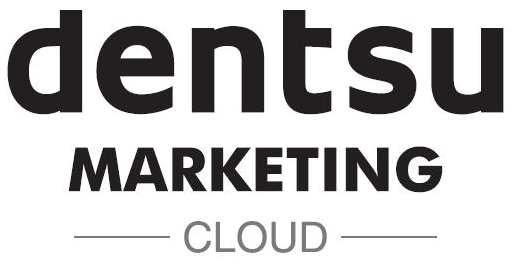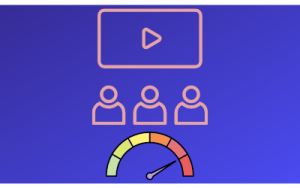
Measurement is one of the greatest strengths of advertising via digital medium. Brands can track actions on their websites/apps and on their advertisements, allowing them to track the effectiveness of their marketing activities at a granular level. Unlike traditional media, digital enables them to effectively stitch together a user journey from a view of an ad/content to the final purchase of a product/service. Accurate measurement further allows for detailed level of targeting in the online space.
According to IAB, 81% respondents mentioned targeting and efficiency as the main reason for shifting budgets from linear TV to Connected TV –
Importance of 3rd Party Measurement Tools:
If you have ever run an ad campaign on any platform like Facebook, Google, etc., you will notice that they provide you with certain metrics to track the performance of your campaigns. Additionally, if you place their pixels – the platform might also provide you stats on the lower side of the sales funnel, such as conversions, cost per conversion, etc.
However, each platform has its own means of calculating these metrics. Since they are trying to increase their revenues, this creates a conflict of interest. Many in the industry believe that ad networks might have a bias when reporting campaign performance data. Making informed decisions like adding more budgets, creating new campaigns, etc., based on the platform’s reporting alone might not be the most logical steps.
Additionally, the fear of third-party cookie deprecation and privacy initiatives has pushed more marketing budgets towards walled gardens like Google, Apple, Facebook and Amazon (GAFA). Unfortunately, it can be really difficult to audit the processes and systems of the ad platforms owned by GAFA. Leaving brands with lesser information, sometimes really critical data points, about their own marketing campaigns. For example, marketers can no longer get valuable demographic breakdowns in Facebook for website conversion campaigns after Facebook launched it’s Aggregated Event Measurement(AEM) protocol.
As a result, big brands often look at 3rd Party measurement tools, sometimes even multiple for a single metric, as a source of truth. For e.g. – for viewability and brand-safe parameters, a brand might look at partnering with IAS or MOAT. Similarly, for website & app-based interactions, a lot of brands rely on Google Analytics. In fact, according to W3tech – Google analytics has a market share of over 85%.
Adding Google Analytics as a Measurement partner in Dentsu Marketing Cloud:
In our quest to help agencies better connect the dots from insights to conversions, we have been working on adding a feature to integrate external measurement partners into DMC for quite a while.
With the announcement of Facebook’s Aggregated Event Measurement and Apple’s App Tracking Transparency protocol last year, it became clear to us that brands might lose out on the granular insights that they have been used to. Leading to the rise in the importance of 3rd party measurement tools. This pushed us further to prioritize building out our measurement module in DMC.

We are happy to announce that as part of this step forward, we will be first rolling out integrations for Google Analytics soon. Considering the high adoption rate of Google Analytics, it was a no-brainer to choose it as the first external measurement integration for DMC.
What does this mean?
Agencies will now be able to integrate the client’s rich Google Analytics data with DMC. As a DMC user, you will be able to define a Google Analytics goal that Dentsu Marketing Cloud’s AI will consider as the default objective for all optimization efforts.

Meaning you will be able to effectively optimize Facebook campaigns from DMC based on the numbers logged in the client’s Google Analytics panel. Thereby bridging the gap between campaign performance (recorded by the ad platform) and actual performance (recorded by the client).
We are currently beta testing this feature on few select clients across the globe, and so far, we are seeing very promising results. If you would like to be part of the beta test group or know more about the integration, do reach out to us at dmcsupport@dentsu.com.



